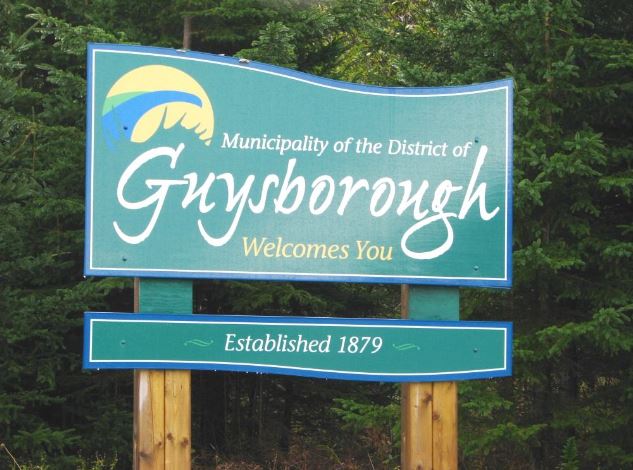By Alec Bruce, Local Journalism Initiative Reporter
Guysborough Journal
GUYSBOROUGH: The Municipality of the District of Guysborough’s (MODG’s) financial health increasingly relies on revenues from non-tax sources.
That comes across loud and clear after an examination by The Journal recently of the municipality’s financial statements over the past three years.
According to figures available on the MODG website, consolidated revenues for the fiscal year ending March 31, 2024, were $17 million. Of this, taxes (residential/resource and commercial), accounted for $4.7 million. Another $6.1 million came from “other revenue from own sources,” including $2.5 million in interest on investments and $3.2 million from wind turbines.
That compared with revenues of $13.6 million – including taxes of $4.4 million, turbine revenue of $3.2 million and investment income of $357,000 – in 2023. The year before that, revenues to the municipality were $17 million – including taxes of $4.2 million, turbine revenue of $3.2 million and investment income of $22,000.
In each of those years, the remaining revenue sources were largely unconditional and conditional transfers from other governments and agencies, and a one-time cash infusion from the sale of the municipality’s solid waste and processing facility in 2022.
A key contributor to the stability of MODG’s fiscal fortunes, however, appears to be its Sable Wind Farm – the first major wind power project in Nova Scotia to be municipally owned. Operational since 2014, this 13.8-megawatt (MW) facility located near Canso and Hazel Hill consists of 11 turbines, each with a capacity of 2.3 megawatts, totaling 33 megawatts. The electricity generated is sold to Nova Scotia Power through a power purchase agreement, providing the MODG with a steady revenue stream.
According to MODG Director of Economic and Community Development Sean O’Connor, the growing distinction between revenue sources will likely be an increasingly important consideration for key municipal decision-makers in the future, especially as projects like Port Hawkesbury Paper Wind’s 31-turbine Goose Harbour Lake project prepares to officially launch this month and EverWind Fuels and Simply Blue’s plans advance.
“Community benefits [agreements] are a little bit different than municipal taxation,” he told council at its committee of the whole meeting in December. “There are a number of items that are intended for community-led projects in proximity to the development. We have to develop policy internally on how we’re going to manage all of that.”


